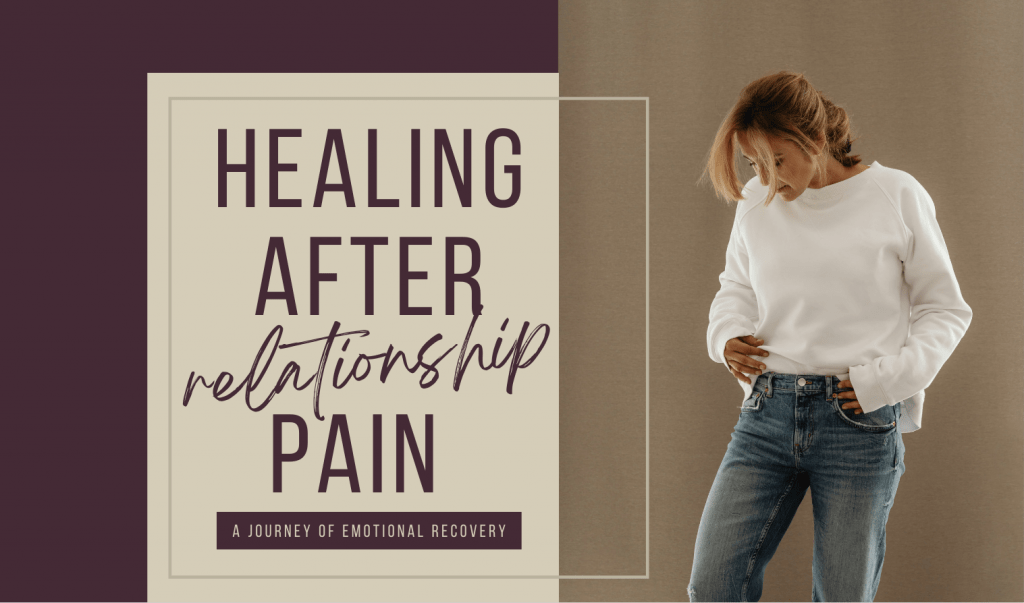We all know what it feels like to be stressed. Maybe you wake up already thinking about your to-do list, or your chest tightens when an email comes in late at night. Life moves fast, and some amount of stress is completely normal. It can even be useful. But sometimes what we think of as stress is actually something deeper, something that doesn’t go away even when things calm down. That deeper feeling might be anxiety. Understanding the difference between stress and anxiety can make a big difference in how you care for yourself.
Understanding the difference between stress and anxiety can make a big difference in how you care for yourself. When you know what your body and mind are really experiencing, you can respond in a way that helps instead of just pushing through.

What Stress Really Is
Stress is your body’s natural response to a challenge or demand. It is the energy that helps you meet a deadline, handle a tough conversation, or adjust to change. In small doses, stress can actually help you perform better. You might feel nervous or tense before something important, but once it’s over, that feeling fades.
Stress is usually tied to something specific that’s happening in your life. You can often point to a reason for it, like a busy schedule, an upcoming exam, or financial pressure. When the stressful situation passes, your body is meant to relax and return to balance.
If you find yourself saying things like “I just have a lot going on right now” or “Once this week is over I’ll feel better,” that’s often a sign that what you’re feeling is stress. It may be uncomfortable, but it tends to come and go as life changes.
When It Turns Into Anxiety
Anxiety feels different. It often lingers even when the stressful situation has passed, or it shows up without a clear reason at all. Anxiety is less about what is happening right now and more about what might happen next. It can make you feel constantly on edge, worried, or restless.
Where stress is usually temporary, anxiety can feel like a constant hum in the background of your day. You might notice your mind jumping from one worry to the next or feel a tightness in your body that never fully lets up. Sometimes anxiety can affect sleep, focus, or even appetite.
People who struggle with anxiety often say things like “I can’t relax even when everything is fine” or “My brain won’t stop spinning.” The worries might not always make sense, but they still feel very real. Anxiety can also make you feel like you’re not in control of your thoughts or your body, which can be exhausting over time.

How to Tell the Difference
It can sometimes be hard to see the difference between stress and anxiety because they share similar symptoms, but the causes and how long they last are often very different. Here are a few ways to check in with yourself.
Ask yourself if there’s a clear reason for how you feel. If you can name a specific cause, like a deadline, a family issue, or an upcoming event, that’s usually stress. If you feel worried or uneasy without knowing why, that’s more likely anxiety.
Notice how long the feeling lasts. Stress tends to fade once the situation improves. Anxiety often sticks around or even gets stronger when life feels uncertain.
Pay attention to your body. Stress might make your muscles tense or your heart beat faster for a short time. Anxiety can bring a more constant sense of restlessness, a tight chest, stomach discomfort, or trouble breathing deeply.
And finally, listen to your self-talk. Stress might sound like “This is a lot right now.” Anxiety often sounds more like “What if something goes wrong?” or “I can’t handle this.” That inner voice can tell you a lot about what’s really happening.
Caring for Yourself in Either Case
Whether it’s stress or anxiety, both deserve care and kindness. Here are a few ways to start supporting yourself.
Give yourself permission to pause. Take a moment to breathe slowly and intentionally. Feel your feet on the ground, notice your surroundings, or step outside for a short walk. These small grounding moments help your body remember that it’s safe.
Build little breaks into your day. When you’re overwhelmed, it’s easy to keep pushing through, but rest is not a reward. It’s a basic need. Even a few minutes away from screens or responsibilities can help your mind reset.
Talk to someone you trust. Sharing what you’re feeling can make it less heavy. Sometimes saying things out loud brings a sense of relief and perspective that you can’t always find on your own.
And check in on the basics. Sleep, nutrition, movement, and hydration all play a big role in how your body handles stress and anxiety. Small, consistent habits often help more than big changes you can’t maintain.

When to Reach Out for Extra Support
If your worries are affecting your sleep, focus, work, or relationships, it may be time to reach out for a bit of extra support. Therapy offers a space where you can explore what’s happening in your mind and body without judgment. You can learn tools to manage anxious thoughts, calm your nervous system, and build a sense of confidence in how you handle life’s challenges. Sometimes the best time to reach out is simply when you feel ready for things to feel lighter.
Whether what you’re feeling is temporary stress or deeper anxiety, the fact that you’re paying attention means you’re already taking a healthy step. Understanding your emotions is the first step toward managing them. Contact us today to get set up with the best therapist on our team for you.





